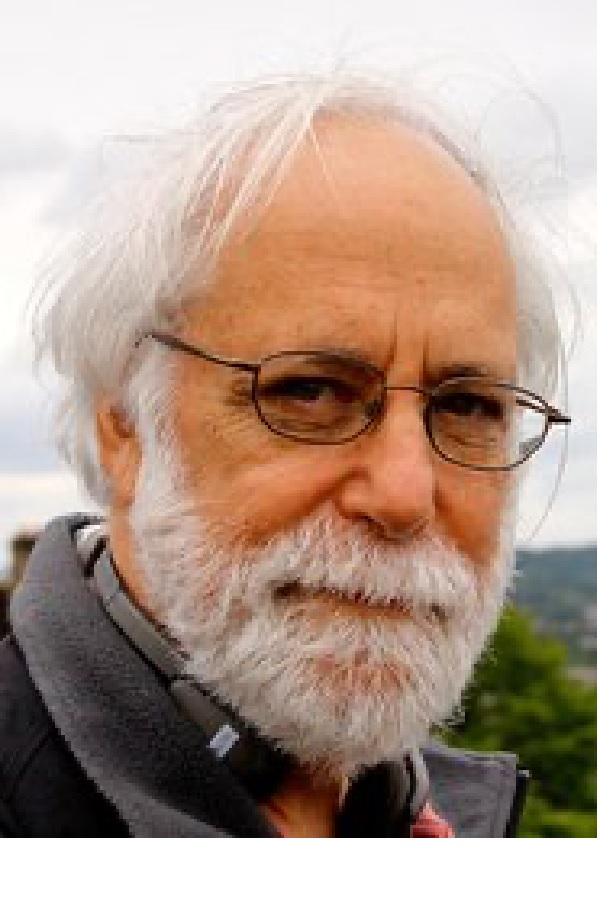ANN ARBOR, MI, April 08, 2021 /24-7PressRelease/ -- Marquis Who's Who, the world's premier publisher of biographical profiles, is proud to present Stephen Walter Salant, PhD, with the Albert Nelson Marquis Lifetime Achievement Award. An accomplished listee, Dr. Salant celebrates many years' experience as an economist and has published widely in the fields of industrial organization, natural resource economics, and environmental economics. As in all Marquis Who's Who biographical volumes, individuals profiled are selected on the basis of current reference value. Factors such as position, noteworthy accomplishments, visibility, and prominence in a field are all taken into account during the selection process.
Stephen Walter Salant (Columbia BA, University of Pennsylvania PhD) worked at the Federal Reserve Board and Federal Trade Commission, before becoming the first co-editor of The Rand Journal. He joined University of Michigan in 1986 as a full professor and retired in 2015.
Salant was the first to develop dynamic models of:
1. speculative attacks
2. the "peso problem" (the puzzle of why an asset continually appreciates faster than the interest rate)
3. oligopoly/cartel oil extraction
4. oil extraction with spatially distributed buyers
5. extraction of a resource like oil (but unlike gold) under pressure and requiring the drilling of wells
6. a cartel selecting quotas by voting.
All 6 contributions were published in the American Economic Review or the Journal of Political Economy. (1)-(5) extend the canonical model of exhaustible resources by Harold Hotelling (1931)--particularly appropriate since Salant's thesis advisor, Karl Shell, was himself supervised by Hotelling's thesis student, Kenneth Arrow. (1) and (2) (coauthored with his mentor, Dale Henderson), were applied to the gold market but were soon adapted by Paul Krugman and others for international currency markets.
Less well-publicized but equally rigorous is Salant's lifetime of research on the Alger Hiss case, begun in high school and completed in 2010. Salant's research is part of the permanent collection of the library at the University of Michigan.
Before his career was derailed, Hiss had been Secretary-General of the United Nations Charter Conference in San Francisco and was considered a potential first Secretary General of the UN or Secretary of State.
Salant showed that Hiss had been the victim of sloppy vetting by the law firm preparing his 1948 libel suit against Chambers, who had accused him of being a Communist. The firm allowed someone whose letterhead proclaimed expertise in "Investigations---Trial Preparation," a specialty he pursued neither before nor after the Hiss case, to become its Chief Investigator. Actually, he was an undercover spy-catcher (as Army Counter Intelligence Corps Special Agents called themselves). In an otherwise inexplicable feat of "precognition," this spy-catcher penetrated Hiss' legal team even though Chambers was testifying under oath, as he had insisted for a decade, that Hiss---although a Communist---was never one of his espionage sources.
However, a month after the spy-catcher became Hiss's Chief Investigator, Chambers suddenly "remembered" that Hiss had given him government documents, copied not by effortlessly photographing them like Chambers' other sources but by laboriously re-typing them---and on Hiss' personal typewriter. The spy-catcher then led Hiss' frantic search to find the typewriter that would clear his name; but according to experts the spy documents had been typed on the typewriter the Defense found, and Hiss was sentenced to prison.
Salant also discovered that one week before Hiss's imprisonment, the former head of OSS, the spy agency which preceded the CIA, urged CIA Special Operations to hire Hiss's Chief Investigator.
The judges and juries evaluating the typed evidence central to his conviction knew neither of the Army's penetration of Hiss's legal team nor of the Army's proficiency in forging documents, developed during World War 2 to protect agents behind enemy lines. Hiss died in 1996, still insisting that he had been a victim of forgery by typewriter.
Salant discussed the Army's motivation in interviews and has defended his findings against challenges.
About Marquis Who's Who®
Since 1899, when A. N. Marquis printed the First Edition of Who's Who in America®, Marquis Who's Who® has chronicled the lives of the most accomplished individuals and innovators from every significant field of endeavor, including politics, business, medicine, law, education, art, religion and entertainment. Today, Who's Who in America® remains an essential biographical source for thousands of researchers, journalists, librarians and executive search firms around the world. Marquis® now publishes many Who's Who titles, including Who's Who in America®, Who's Who in the World®, Who's Who in American Law®, Who's Who in Medicine and Healthcare®, Who's Who in Science and Engineering®, and Who's Who in Asia®. Marquis® publications may be visited at the official Marquis Who's Who® website at www.marquiswhoswho.com.
# # #
Contact Information
-- --
Marquis Who's Who Ventures LLC
Uniondale, NY
USA
Telephone: 844-394-6946
Email: Email Us Here
Website: Visit Our Website




